Dr. Melissa Delgado's Research Team
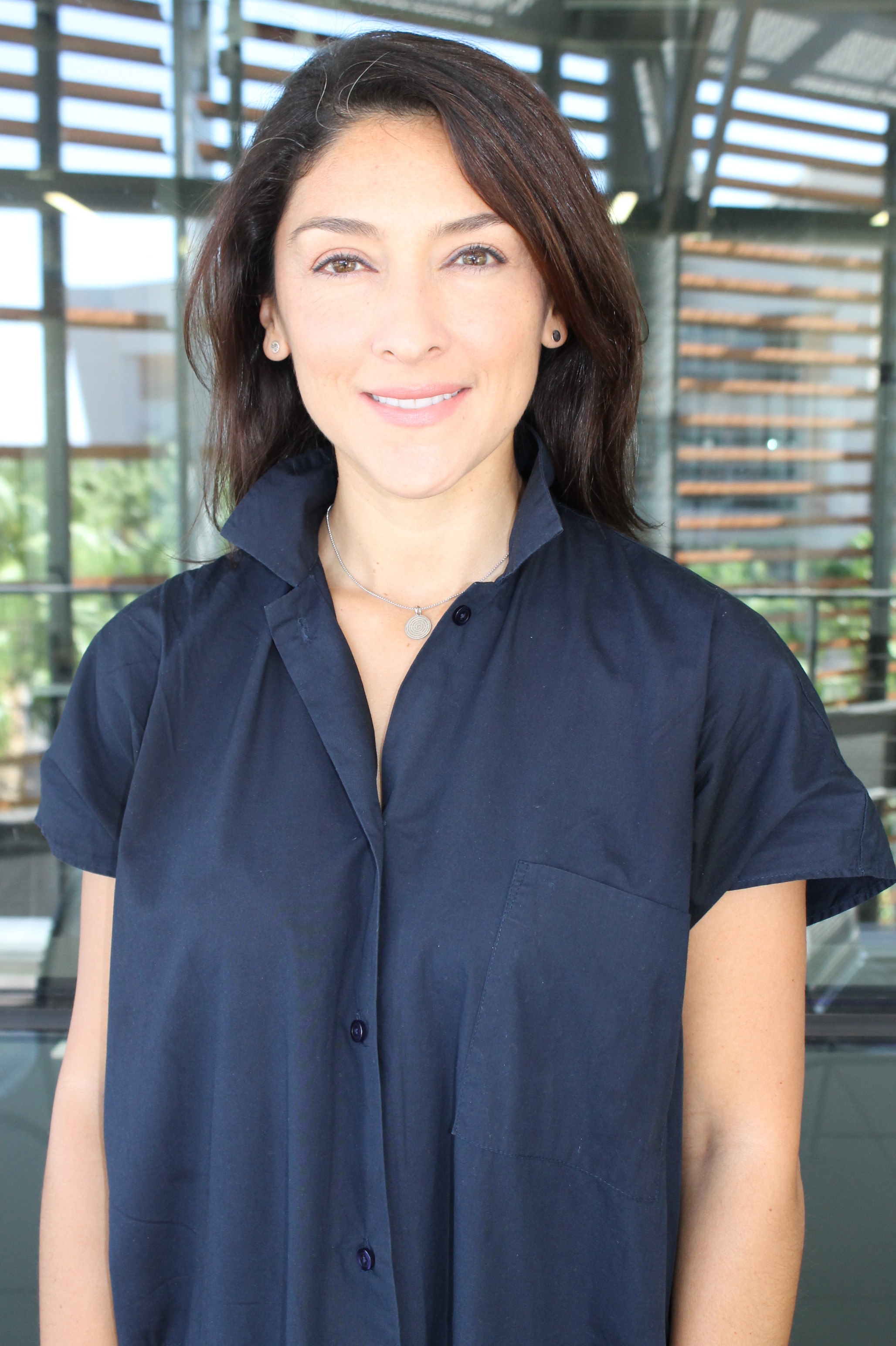
Dr. Melissa Delgado
Graduate Research Assistants
 Rayni Thomas is from Garland, Texas and is a first-generation college student. Her research trajectory started as an undergraduate research assistant in the psychology department at the University of Texas at Arlington. During her undergraduate studies, Rayni’s research interests focused on the association between school peer victimization and academic self-esteem in adolescents. After graduating with her BA in Psychology and a minor in English, Rayni pursued an MS in Family and Child Studies at Texas State University. During her Master’s training, she gained a passion for research that focuses on Latinx adolescents’ educational outcomes. Her Master’s thesis examined Latinx adolescents’ active coping and academic outcomes. She also was a graduate research assistant for a project that examined Latinx adolescents’ sources of academic socialization. Currently, Rayni is a doctoral student in Human Development and Family Science at the University of Arizona under the mentorship of Dr. Melissa Delgado. She continues to examine adolescent coping and academic outcomes, with a focus on the effects of acculturative stress.
Rayni Thomas is from Garland, Texas and is a first-generation college student. Her research trajectory started as an undergraduate research assistant in the psychology department at the University of Texas at Arlington. During her undergraduate studies, Rayni’s research interests focused on the association between school peer victimization and academic self-esteem in adolescents. After graduating with her BA in Psychology and a minor in English, Rayni pursued an MS in Family and Child Studies at Texas State University. During her Master’s training, she gained a passion for research that focuses on Latinx adolescents’ educational outcomes. Her Master’s thesis examined Latinx adolescents’ active coping and academic outcomes. She also was a graduate research assistant for a project that examined Latinx adolescents’ sources of academic socialization. Currently, Rayni is a doctoral student in Human Development and Family Science at the University of Arizona under the mentorship of Dr. Melissa Delgado. She continues to examine adolescent coping and academic outcomes, with a focus on the effects of acculturative stress.
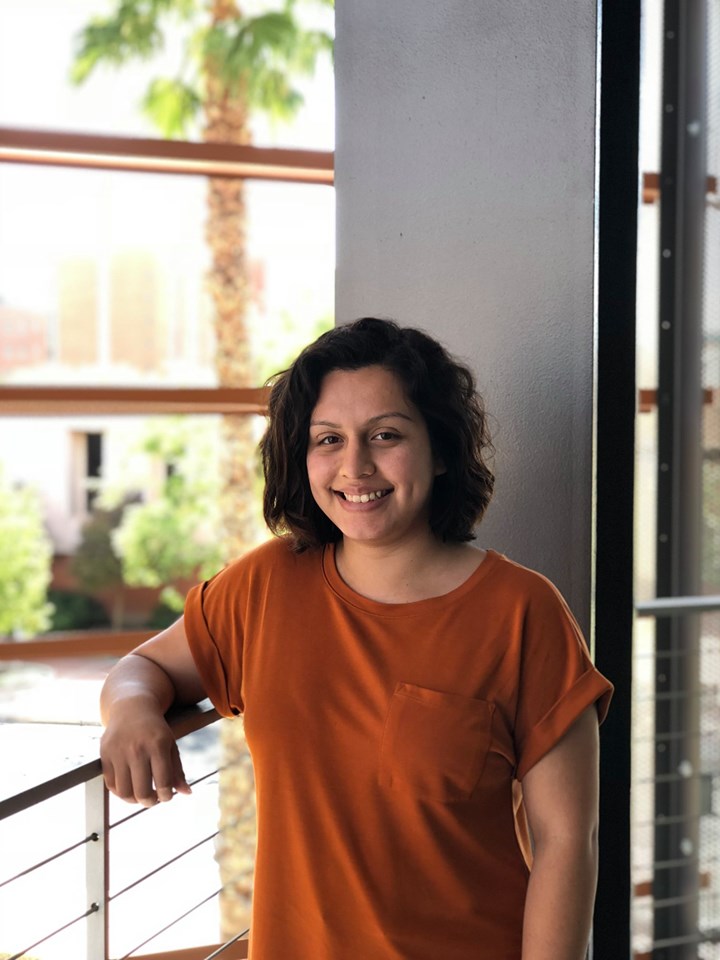
Selena Carbajal is a doctoral student in Human Development and Family Science at the University of Arizona. She completed her bachelor’s degree at California State University, Fresno as a double major in Psychology and Women’s Studies, with a minor in Chicano/Latino Studies. As a first-generation college student and daughter of Mexican immigrants, she has pursued research that broadly reflects her lived experiences such as Latinx first-generation college students, familial experiences in Latinx immigrant families, biculturalism and mental health. Currently, she is interested in biculturalism, mental health and academic-related outcomes among Latinx youth. In her free time, she enjoys taking care of her plantas and reading Chicana/Latina feminist books.
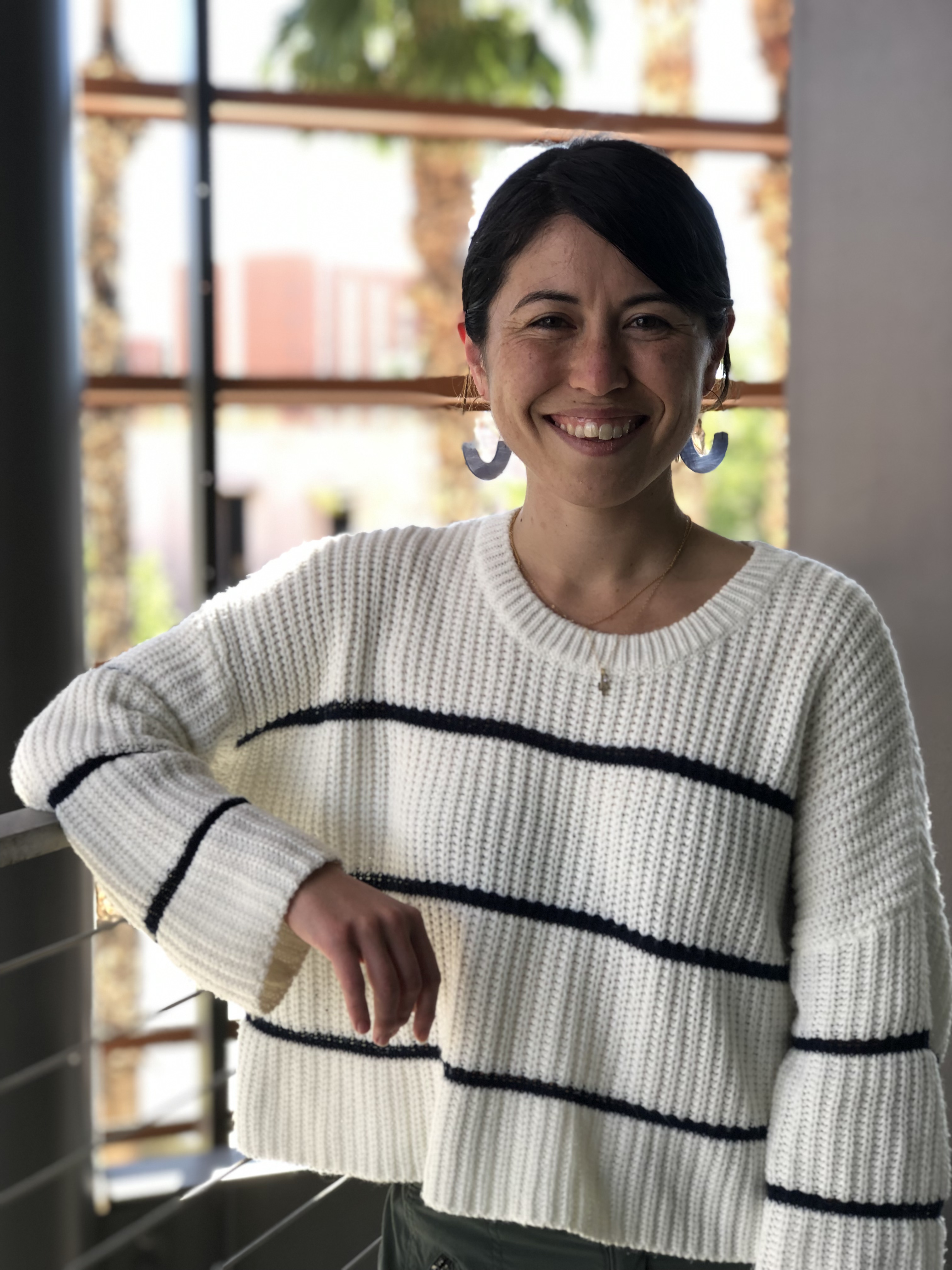 Kiera Coulter, MPH MS, is a current PhD Public Health student in the Health Behavior/Health Promotion track and minoring in Human Development & Family Science at the University of Arizona. She is also a graduate research assistant with the CDC-funded Arizona Prevention Research Center, which primarily focuses on addressing chronic disease health disparities in underserved populations within the border region, and with the department of Human Development & Family Science for the Voices Project examining school climate among Latinx middle school adolescents. Prior to beginning her doctoral studies, she earned an MPH in Health Behavior Health Promotion and an MS in Mexican-American Studies also at the University of Arizona, focusing on Latinx and migrant health disparities. For her master’s thesis, she conducted research on the mental health of adolescents with deported parents. Thus, her research interests center on adolescent health and wellness, specifically identity, risk behaviors, and resilience within adolescents of ethnic minority and immigrant populations.
Kiera Coulter, MPH MS, is a current PhD Public Health student in the Health Behavior/Health Promotion track and minoring in Human Development & Family Science at the University of Arizona. She is also a graduate research assistant with the CDC-funded Arizona Prevention Research Center, which primarily focuses on addressing chronic disease health disparities in underserved populations within the border region, and with the department of Human Development & Family Science for the Voices Project examining school climate among Latinx middle school adolescents. Prior to beginning her doctoral studies, she earned an MPH in Health Behavior Health Promotion and an MS in Mexican-American Studies also at the University of Arizona, focusing on Latinx and migrant health disparities. For her master’s thesis, she conducted research on the mental health of adolescents with deported parents. Thus, her research interests center on adolescent health and wellness, specifically identity, risk behaviors, and resilience within adolescents of ethnic minority and immigrant populations.
Collaborators:
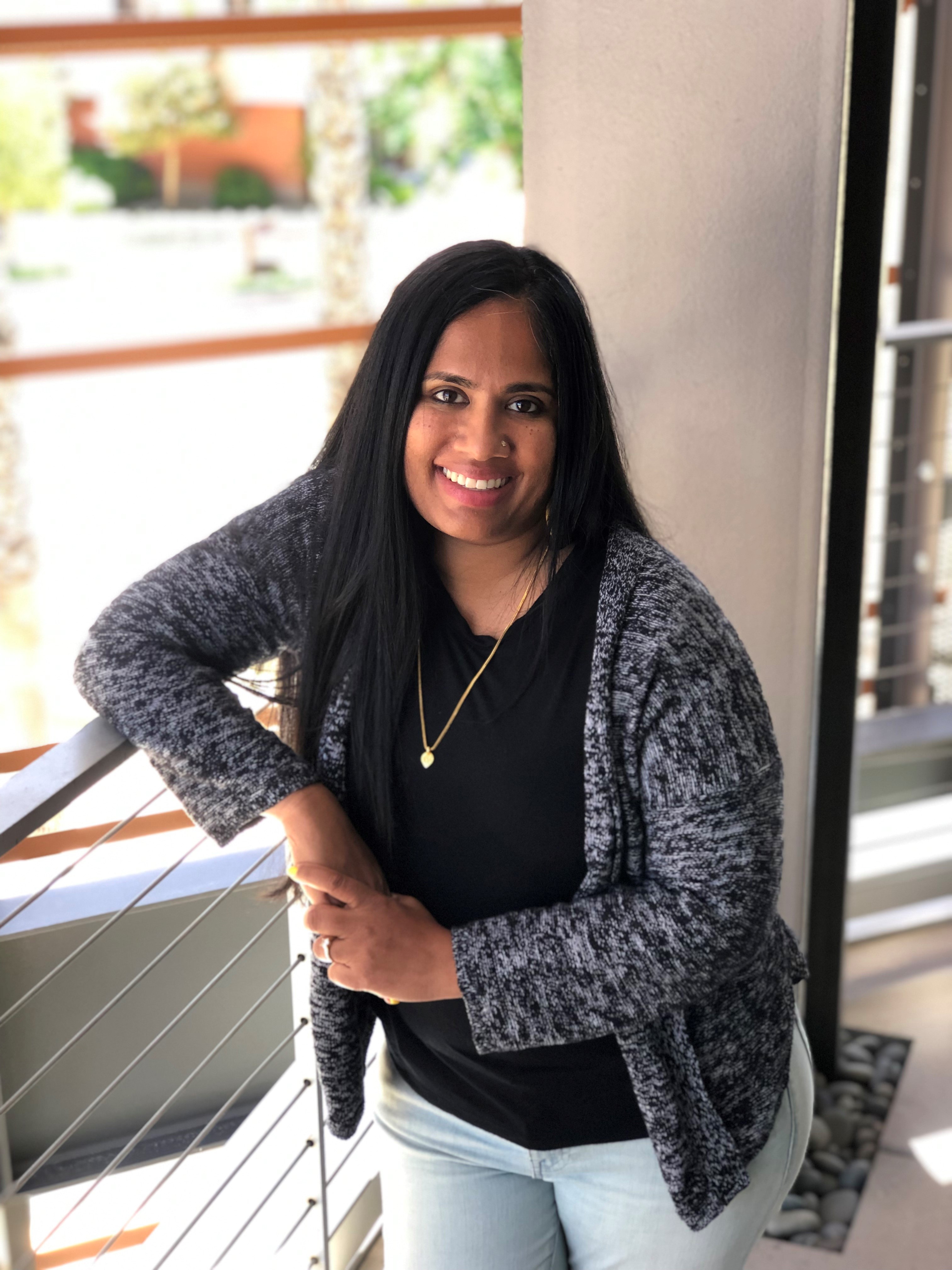
Dr. Rajni L. Nair
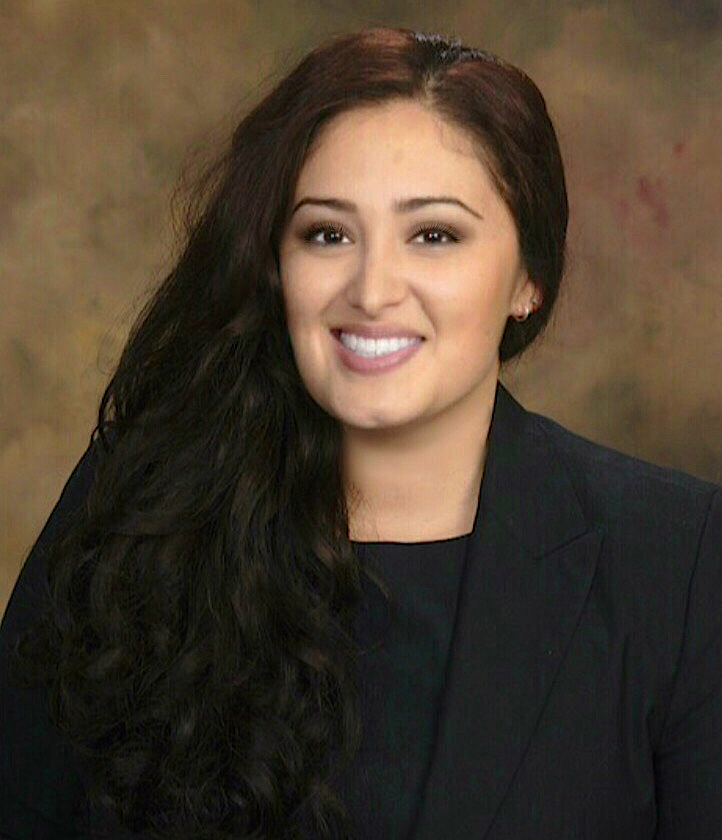
Dr. Diamond Y. Bravo is a Dean's Postdoctoral fellow at Harvard Graduate School of Education. Informed by cultural ecological frameworks, Dr. Bravo's research examines individual processes across familial, school, and online contexts in relation to academic, psychological, and health outcomes. Her work investigates how cultural resilience factors (e.g., familism values, ethnic-racial centrality) and risk factors (e.g., acculturative stress, discrimination) collectively inform ethnic-racial minority youths’ achievement motivation and developmental adjustment from adolescence through emerging adulthood.
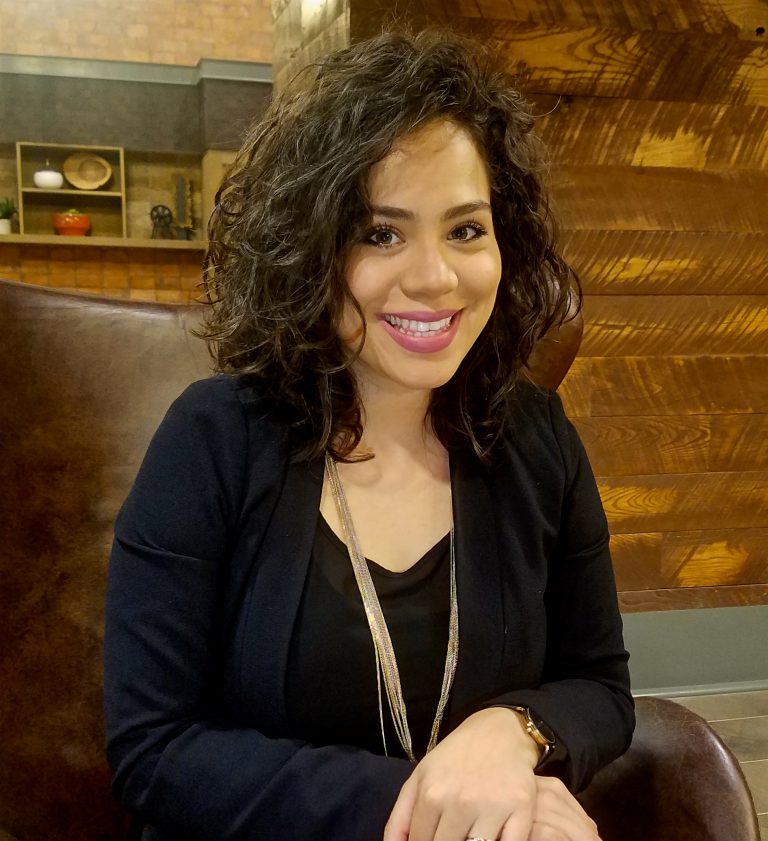 Dr. Daisy E. Camacho-Thompson is a National Institute of Health T32 Postdoctoral Research Fellow at the REACH Institute in the Psychology Department at Arizona State University. She graduated from the Psychology Department at the University of California, Los Angeles, with a concentration in Developmental Psychology and a minor in Diversity Science. Her research focuses on the academic achievement of underserved adolescents, with attention to social networks associated with academic resilience or desistance. Her dissertation focused on familial stress and parental involvement at school, home, and in organized after-school activities. Her postdoctoral work is examining the effects of a prevention program on parental involvement and academic socialization across adolescent development. She has served in several mentoring programs for underrepresented students, such as the Society for Research in Child Development (SRCD) Millennium Scholar Program, and both as the elected Latino Caucus student member, then the Technology Empowerment and Social Media Officer, as well as the Student & Early Career Representative on the Equity and Justice Committee. She is currently a Student & Early Career Council member for SRCD. She has received several service awards, the Eugene V. Cota-Robles Fellowship, and an NICHD Diversity Supplement.
Dr. Daisy E. Camacho-Thompson is a National Institute of Health T32 Postdoctoral Research Fellow at the REACH Institute in the Psychology Department at Arizona State University. She graduated from the Psychology Department at the University of California, Los Angeles, with a concentration in Developmental Psychology and a minor in Diversity Science. Her research focuses on the academic achievement of underserved adolescents, with attention to social networks associated with academic resilience or desistance. Her dissertation focused on familial stress and parental involvement at school, home, and in organized after-school activities. Her postdoctoral work is examining the effects of a prevention program on parental involvement and academic socialization across adolescent development. She has served in several mentoring programs for underrepresented students, such as the Society for Research in Child Development (SRCD) Millennium Scholar Program, and both as the elected Latino Caucus student member, then the Technology Empowerment and Social Media Officer, as well as the Student & Early Career Representative on the Equity and Justice Committee. She is currently a Student & Early Career Council member for SRCD. She has received several service awards, the Eugene V. Cota-Robles Fellowship, and an NICHD Diversity Supplement.
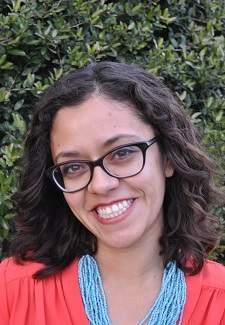 Dr. Norma Perez-Brena is an Assistant Professor and the Director of Strengthening Families/Strengthening Relationships in the Department of Family and Child Development, housed within the School of Family and Consumer Sciences at Texas State University. She earned her Ph.D. in Family and Human Development at the T. Denny Sanford School of Social and Family Dynamics at Arizona State University, received her Master’s and Bachelor’s in Developmental Psychology from San Francisco State University. Her primary interests lie in understanding the combination of social (e.g., income, education), cultural (e.g., values, norms, acculturation, language use), and personal (e.g., gender, social competence) characteristics that influence the context where Latino and immigrant families develop socially and emotionally. Her work is centered on two key goals: to understand how familial and cultural factors can be a source or resilience in the face of various sociocultural stressors (e.g., economic recession, discrimination, acculturative stress), and to understand the processes through which these familial and cultural resiliency factors unfold (e.g., socialization, modeling, deidentification).
Dr. Norma Perez-Brena is an Assistant Professor and the Director of Strengthening Families/Strengthening Relationships in the Department of Family and Child Development, housed within the School of Family and Consumer Sciences at Texas State University. She earned her Ph.D. in Family and Human Development at the T. Denny Sanford School of Social and Family Dynamics at Arizona State University, received her Master’s and Bachelor’s in Developmental Psychology from San Francisco State University. Her primary interests lie in understanding the combination of social (e.g., income, education), cultural (e.g., values, norms, acculturation, language use), and personal (e.g., gender, social competence) characteristics that influence the context where Latino and immigrant families develop socially and emotionally. Her work is centered on two key goals: to understand how familial and cultural factors can be a source or resilience in the face of various sociocultural stressors (e.g., economic recession, discrimination, acculturative stress), and to understand the processes through which these familial and cultural resiliency factors unfold (e.g., socialization, modeling, deidentification).
For Contact Information click here.
Find her work at google scholar by clicking here.
 Dr. Lorey Wheeler is currently the Co-Director of the Nebraska Academy for Methodology, Analytics & Psychometrics, and a Research Associate Professor in the Nebraska Center for Research on Children, Youth, Families and Schools at the University of Nebraska-Lincoln. Dr. Wheeler’s collaborative research program focuses on the role of family and context in individual development, including outcomes related to interpersonal relationships, psychosocial adjustment, physical health, and educational and occupational outcomes among ethnic minority and understudied populations, particularly those of Mexican origin. Grounded in cultural-ecological and developmental perspectives, her work highlights macro forces (e.g., gender, culture) and proximal and distal contexts (e.g., family, work, school), and the mechanisms by which these systems link to individual development and family dynamics. A second focus of her research pertains to complex research designs and statistical models used to answer questions about ecological, developmental, and relational phenomena, evaluation of intervention and prevention programs, and the translation of these methods into useful tools for researchers. Her statistical expertise includes longitudinal and dyadic data, mediation/moderation, missing data, LGM, LCA, MLM, and SEM. She teaches courses in causal research design and grant development.
Dr. Lorey Wheeler is currently the Co-Director of the Nebraska Academy for Methodology, Analytics & Psychometrics, and a Research Associate Professor in the Nebraska Center for Research on Children, Youth, Families and Schools at the University of Nebraska-Lincoln. Dr. Wheeler’s collaborative research program focuses on the role of family and context in individual development, including outcomes related to interpersonal relationships, psychosocial adjustment, physical health, and educational and occupational outcomes among ethnic minority and understudied populations, particularly those of Mexican origin. Grounded in cultural-ecological and developmental perspectives, her work highlights macro forces (e.g., gender, culture) and proximal and distal contexts (e.g., family, work, school), and the mechanisms by which these systems link to individual development and family dynamics. A second focus of her research pertains to complex research designs and statistical models used to answer questions about ecological, developmental, and relational phenomena, evaluation of intervention and prevention programs, and the translation of these methods into useful tools for researchers. Her statistical expertise includes longitudinal and dyadic data, mediation/moderation, missing data, LGM, LCA, MLM, and SEM. She teaches courses in causal research design and grant development.
Websites: http://cyfs.unl.edu/

Dr. Katharine Zeiders is an Associate Professor in Human Development & Family Science at the University of Arizona. She completed her Ph.D. at Arizona State University and two postdoctoral fellowships at Northwestern University and Arizona State University.
Find Dr. Zeiders’ publications on Google Scholar.
Undergraduate Research Assitants (Past and Current):
Devinee Peebles (2018-2019; ASU)
Margarita Ruedas (2018-2019; UA)
Avelina Rivero (2018-2019; UA)
Fernando Paredes (2018; UA)
Mea Valli-Doherty (2018-2019; ASU)
Cindy Szeto (2018; ASU)
Alexis Curiel (2019; UA)
Simur Khurana (2019; ASU)
Vivian Leung (2019; UA)
Sophie Setton (2019; UA)
Giselle Delcid (2019; UA)
Crystal Raygoza (2019; UA)

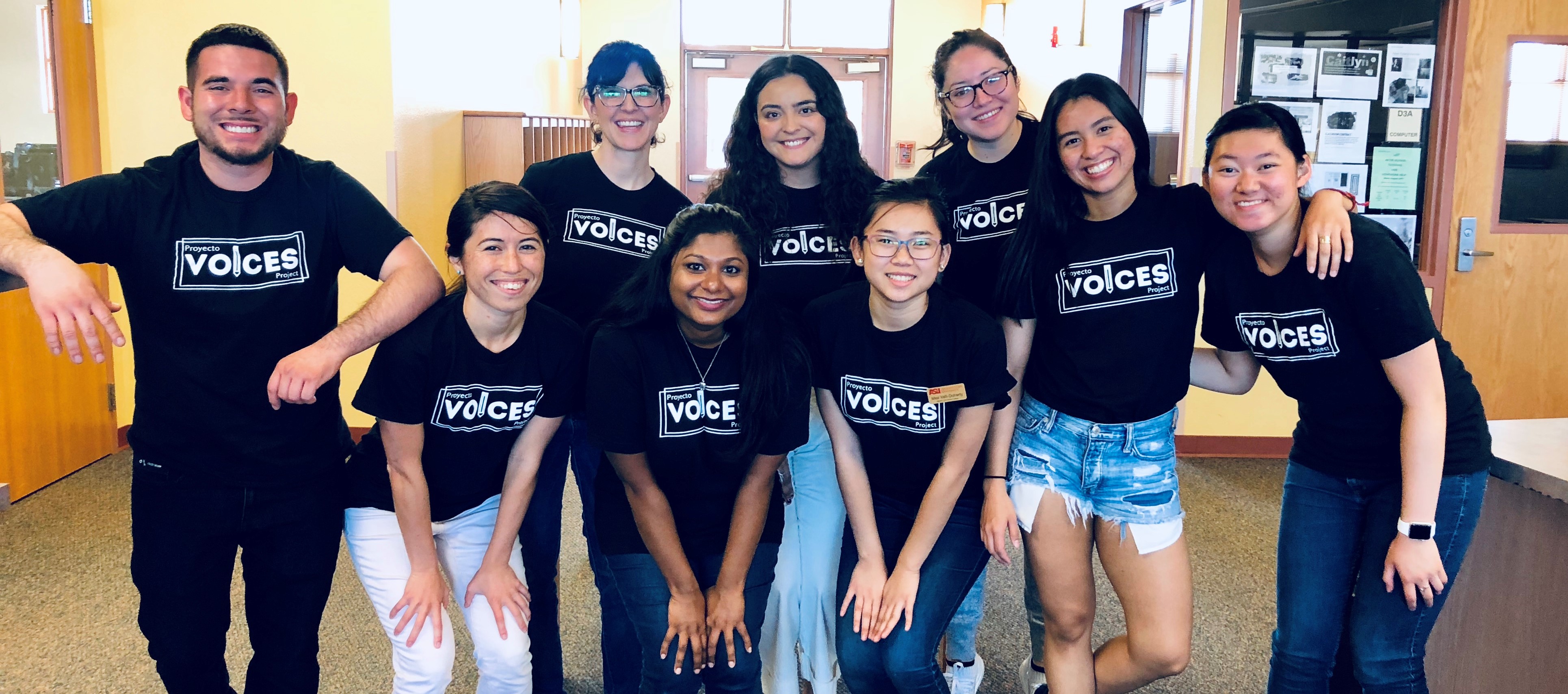






.png)